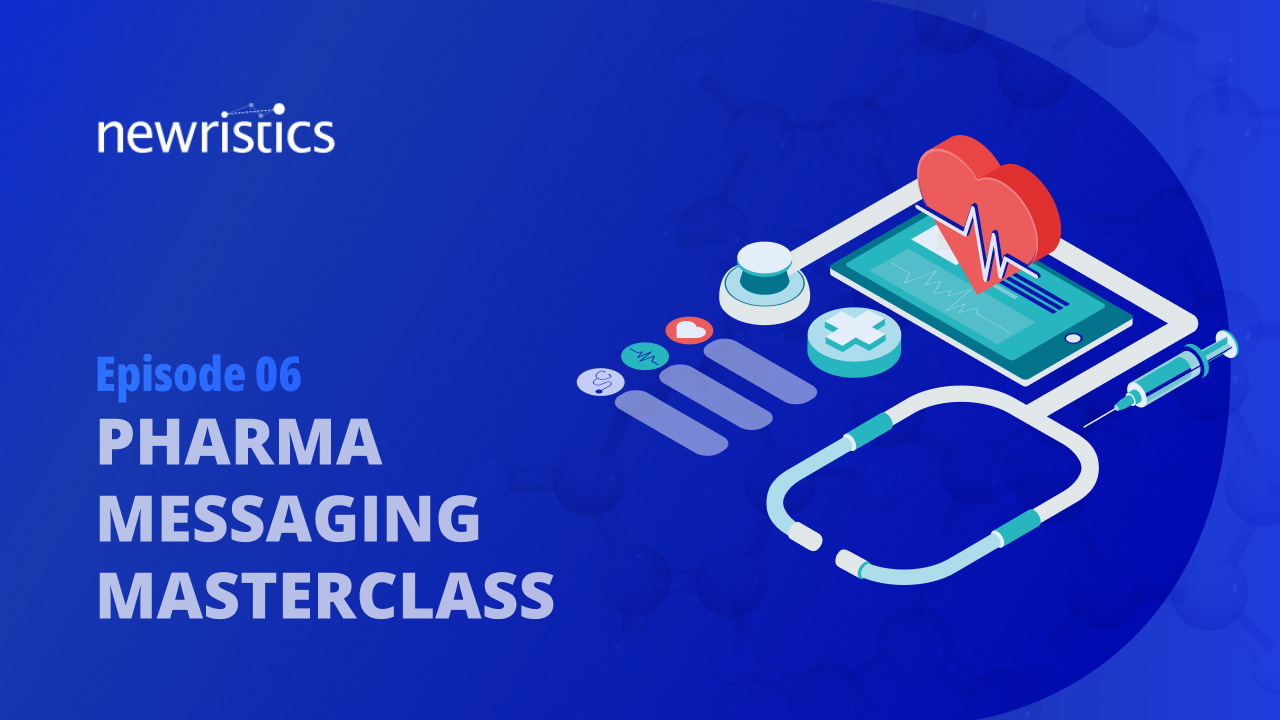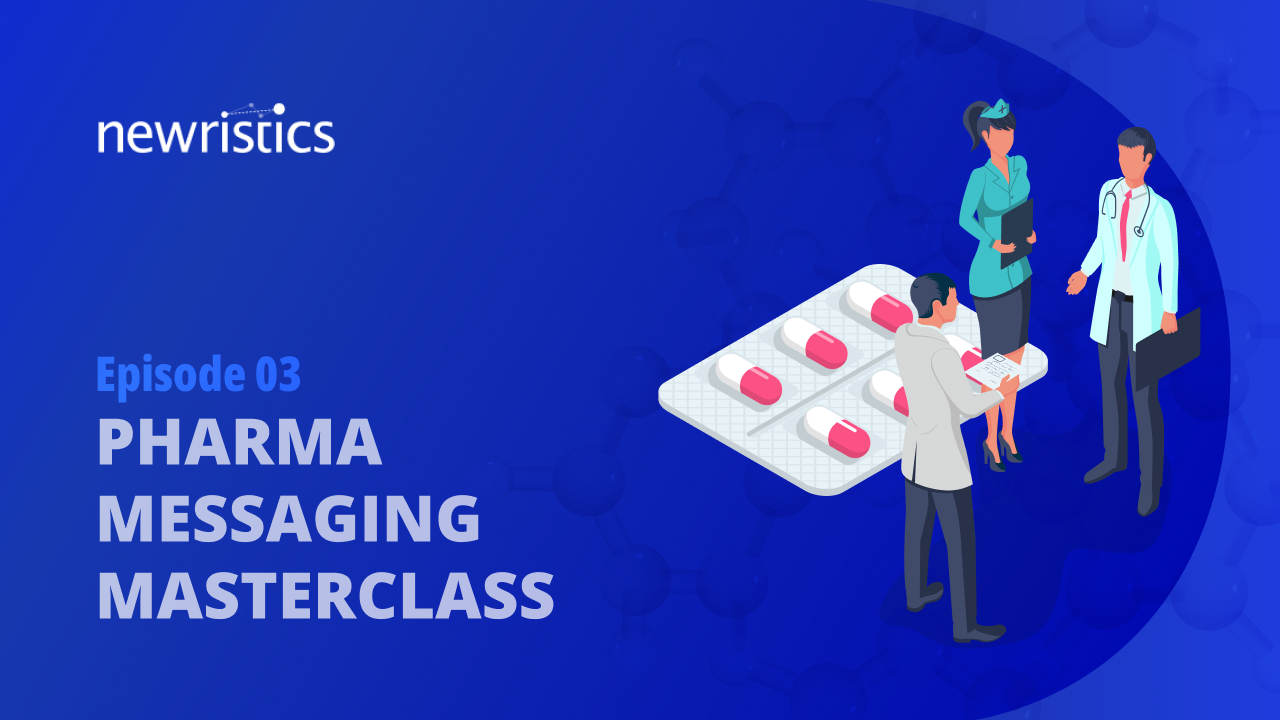How perceived immunity can make us irrationally risky
People show valid concerns over how long immunity to COVID-19 lasts after infection or vaccination. A typical worry may be that post-infection/vaccination COVID-19 immunity is not good enough to stop worrying about re-infection. The concern may lead to continued risk-averse behavior. Pessimism about immunity could motivate people to continue social distancing and follow hygiene protocols.
On the flip side, optimism about being less at-risk after getting COVID-19 can trigger Risk Compensation - a tendency to increase risk-taking behavior after feeling safer. People may go out and be lax about social distancing or spend more time in a restaurant with unknown people if they believe they can “afford” it because they have either contracted the disease or been vaccinated. Perceived immunity could become a decision-criteria to engage in risk-taking behavior, that may lead to problems like infecting others, catching different diseases, splurging money, and motivating others to take risks.
Perception of immunity can foster well-being-promoting risk-averse behavior or even health-compromising risk-taking behavior.
 Blog posts
Blog posts Newristics
Newristics
 18 July 2022
18 July 2022
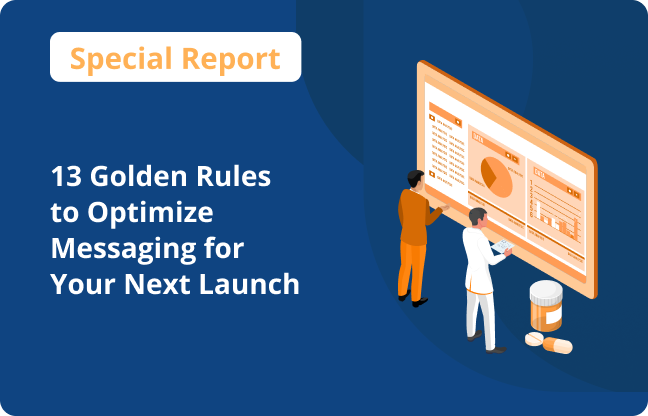
 Back
Back Share
Share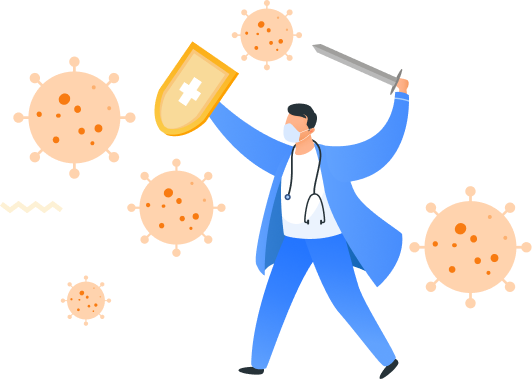




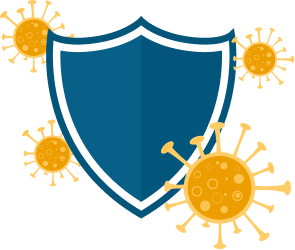
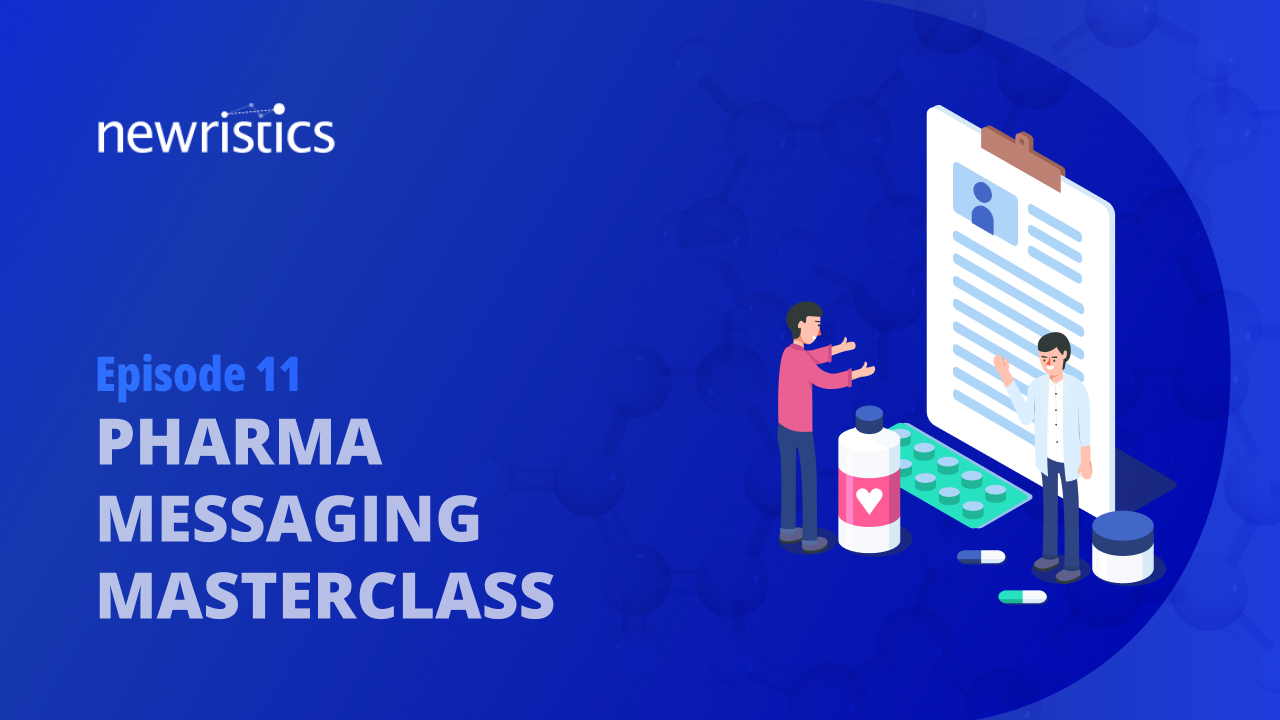
 Video
Video
